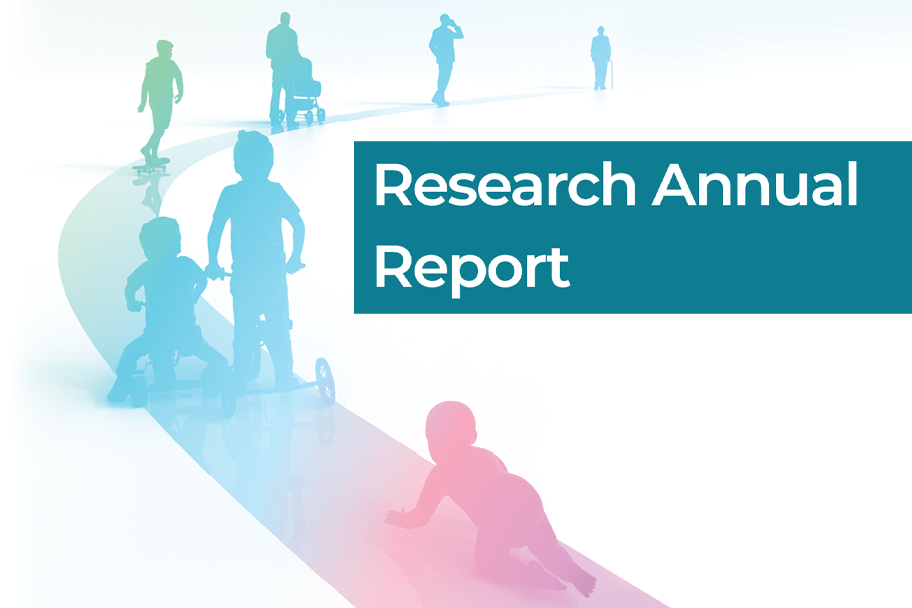Improving the Health, Quality of Life and Outcomes of Children With Developmental Disabilities
The research team within the Division of Developmental and Behavioral Pediatrics (DDBP) at Cincinnati Children’s focuses on improving the health, quality of life and outcomes of children and adolescents with developmental disabilities.
Our team has more than 100 years of combined research experience. We’ve been highly successful with publishing important work in top-tier journals, procuring substantial extramural support, and becoming recognized authorities in our areas of research in neurodevelopmental disabilities.
Our faculty members are currently engaged in 38 grants totaling over $6.4 million in FY24, including eight projects funded by the National Institutes of Health (NIH) and 26 additional federally funded projects.
Our Research
Recognized as one of the top pediatric mental and behavioral health programs in the country by U.S. News & World Report, DDBP focuses on areas including:
- Behavioral research
- Clinical effectiveness and quality improvement research
- Clinical research, including medication trials
- Community-based applied research in child development
- Healthcare quality research
Our research is condition-specific, helping children and adolescents with conditions including:
- Attention-deficit/hyperactivity disorder (ADHD)
- Autism
- Deafness and hard of hearing
- Developmental-behavioral conditions
- Down syndrome
- Intellectual disabilities
- Spina bifida
Some of our current research focuses on:
- Adapting a web-based bullying curriculum for children and adolescents with high-functioning autism spectrum disorders
- Conducting clinical trials of medications for ADHD, including among children with Down syndrome
- Determining predictors of ADHD medication response, including how a child’s genetic makeup and certain clinical characteristics are linked to medication effectiveness or side effects
- Developing and improving chronic care models for children with autism
- Documenting links between an increased risk of ADHD and exposure to lead, bisphenol A and pyrethroid pesticides
- Establishing early intensive behavioral interventions for young children with autism
- Evaluating appropriate outcome measures for youth with Down syndrome
- Identifying sociodemographic factors that are linked to ADHD treatment continuity
- Improving the navigation of the healthcare system for children with developmental disabilities from marginalized groups
We also work to improve the developmental needs of children in foster care, the transition needs of adolescents with special healthcare needs, and language interventions in children who are deaf or hard of hearing.
We share our expertise with other institutions, and we use it to inform how we treat patients. For example, we’re using what we’ve learned about ADHD sociodemographic factors to develop interventions that are co-designed and co-delivered by a patient’s family to ensure sustained treatment is feasible, acceptable and accessible.
Findings from our studies on the predictors of ADHD medication response also have informed national clinical practice recommendations, such as the American Academy of Pediatrics’ ADHD clinical guidelines.




